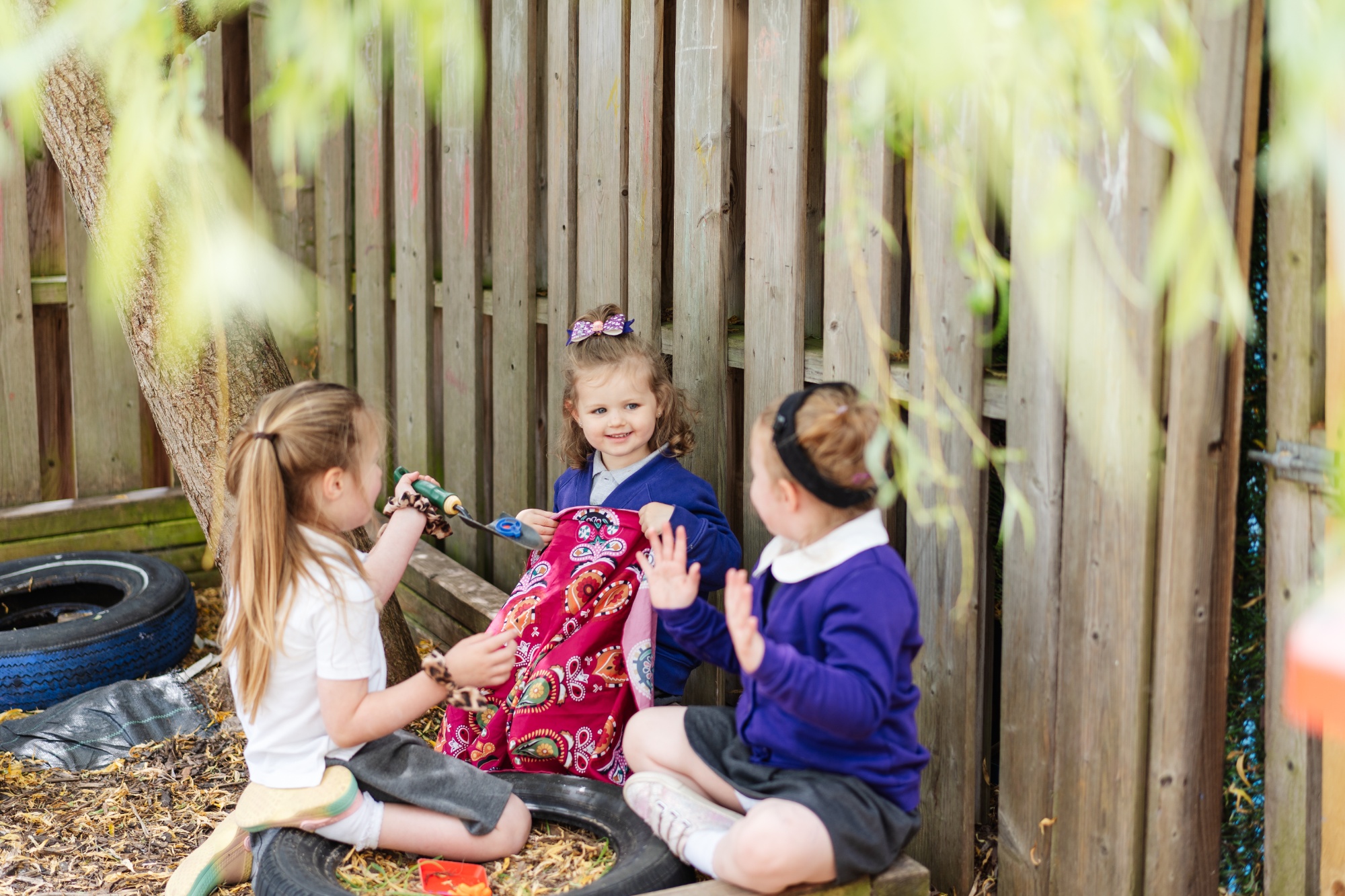Early Years Foundation Stage (EYFS)
"Play is foundational for bonding relationships and fostering tolerance. It’s where we learn to trust and where we learn about the rules of gameplay; it increases creativity and resilience, and it’s all about the generation of diversity of interactions, diversity of behaviours, diversity of connections."
Isabel Behncke

We believe that the Early Years Foundation Stage is crucial in securing solid foundations that children are going to continue to build upon through their school and personal life. We value all children as individuals and strive to support them all to achieve their full, unique potential. We encourage children to have a positive attitude towards learning as well as the people and the world around them. Our aim is to ensure that all pupils finish their reception year in line with their peers nationally and are ready for the next stage of their education.
The seven areas of development from the EYFS framework and the characteristics of learning are taught and developed through half-termly Imaginative Learning Projects that are specially selected to cover a range of children’s interests and learning requirements.
Three areas are particularly important for building a foundation for igniting children’s curiosity and enthusiasm for learning, forming relationships and thriving.
These are the prime areas:
- communication and language
- physical development
- personal, social and emotional development
There are also four specific areas that develop children’s learning. These are:
- literacy
- mathematics
- understanding the world
- expressive arts and design
Communication and Language
The development of children’s spoken language is crucial for all seven areas of learning and development. Children need to communicate with adults and staff effectively to develop all areas of learning. We ensure all children are fully supported with their speech and language development by encouraging quality conversations with adults and peers throughout the day in a language-rich environment. Children are encouraged to comment and discuss their interests, learn new vocabulary through different topics and the class word of the week. Reading frequently to children, and engaging them actively in stories, non-fiction, rhymes and poems also provides them with extensive opportunities to use and embed new words in a range of contexts. If any child is finding it difficult to communicate using their speech and language then the staff at Hillside will support the children and parents to access additional help and resources. All staff in Nursery and Reception are trained ‘Wellcomm’ and we use programmes such Concept Cat and Poetry Basket to further develop pupils' language acquisition and understanding.
